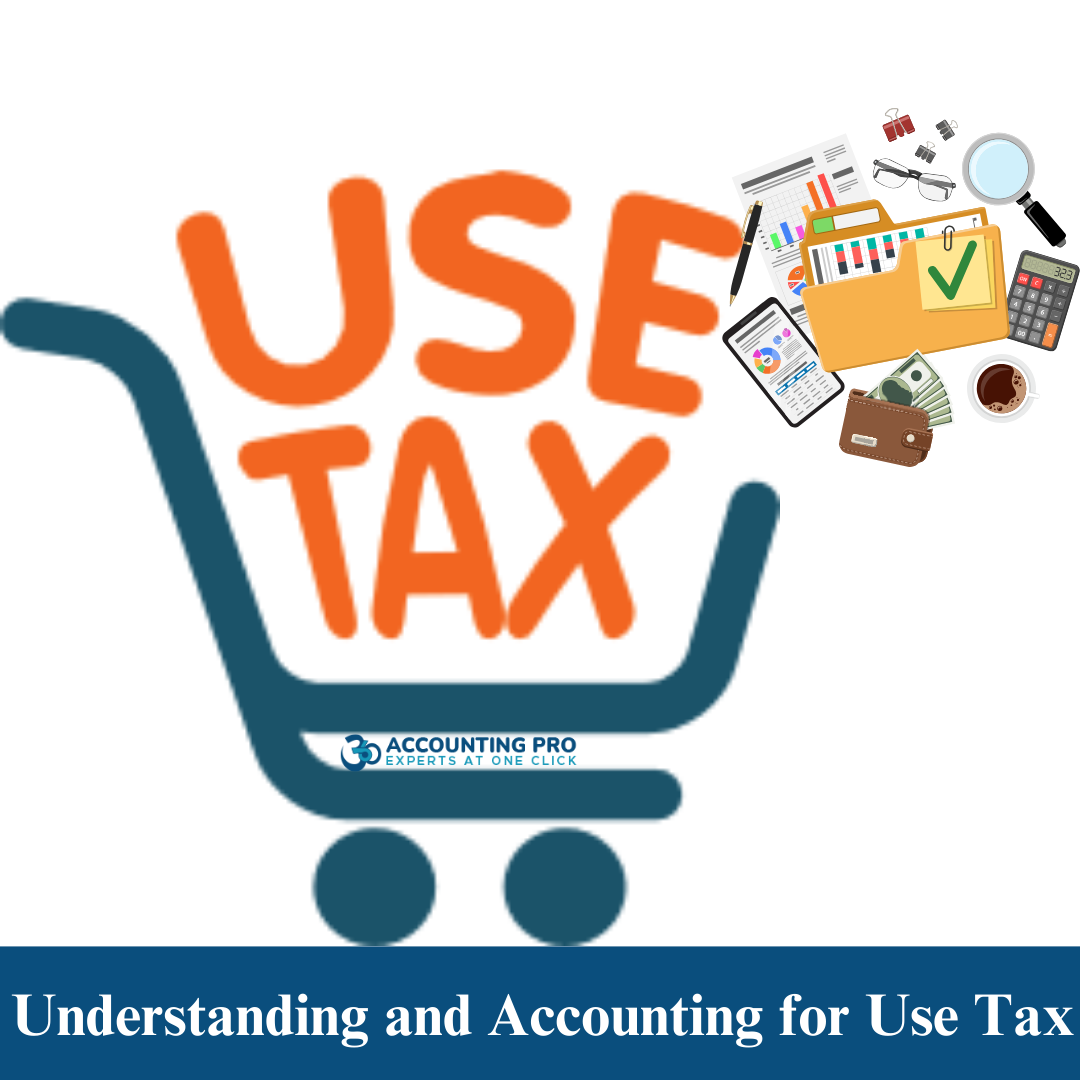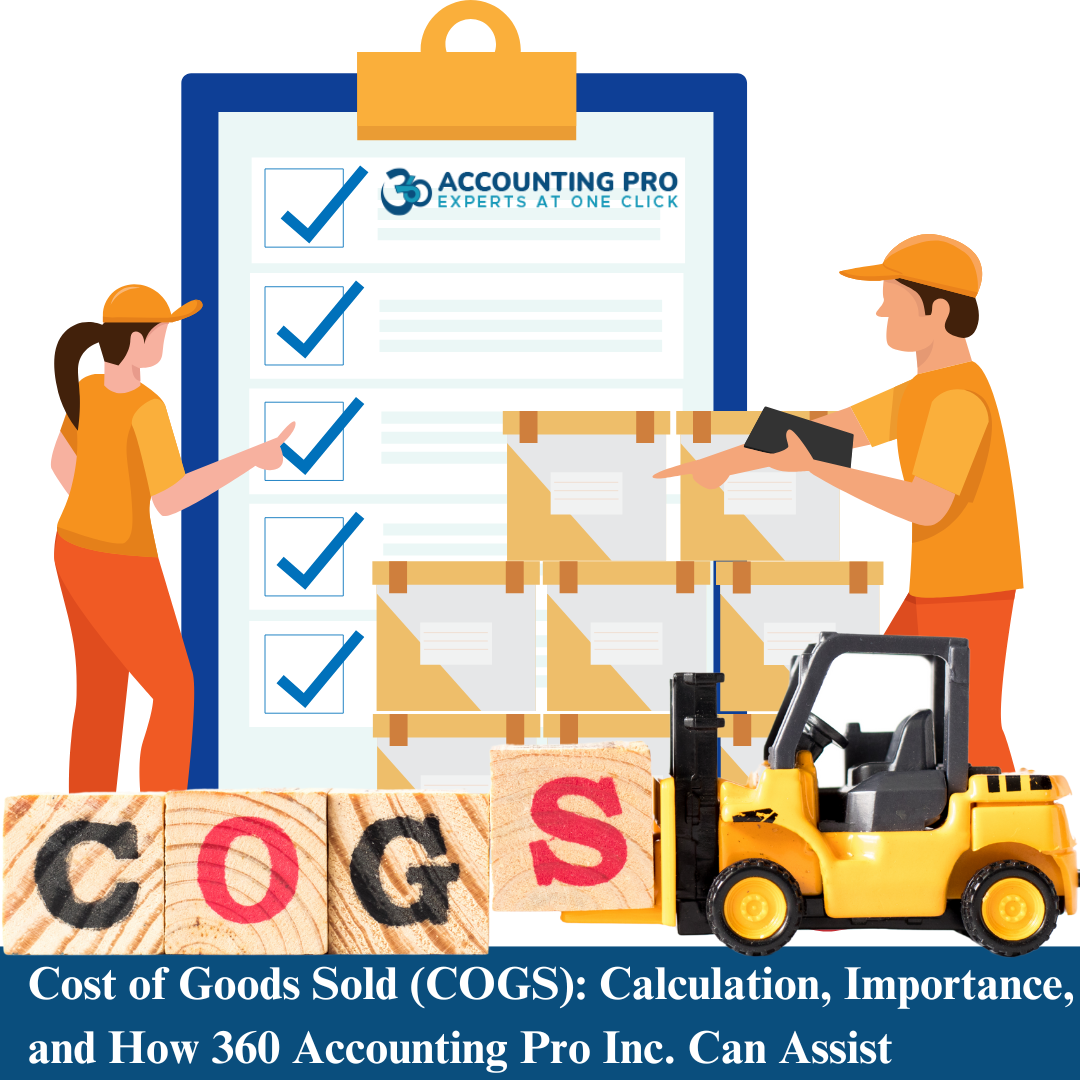

21-04-25
Use tax is a tax on the use, storage, or consumption of goods in a state where no sales tax was paid. It typically applies to goods purchased outside of the state or purchased online where sales tax was not collected. The use tax ensures that goods are taxed even if they are bought from out-of-state sellers or from online retailers that do not charge sales tax.
In the United States, each state has its own set of rules and tax rates regarding use tax, and businesses are responsible for self-reporting and remitting the tax to the state if the proper sales tax was not paid at the time of the purchase. This makes use tax a critical area of concern for businesses operating across state lines or purchasing goods from non-taxable sources.
Proper accounting for use tax is essential to ensure your business remains compliant with state tax laws and avoids penalties. Below are the basic steps for accounting for use tax:
Track Purchases: Keep detailed records of all purchases made without sales tax, including out-of-state purchases and online orders.
Determine Use Tax Liability: Calculate the amount of use tax owed based on the cost of the items purchased and the tax rate of your state.
Journal Entries: For each taxable purchase, create a journal entry in your accounting system to account for the use tax liability.
Debit the appropriate expense account (e.g., office supplies, inventory, etc.).
Credit the use tax payable account.
File Use Tax Returns: Many states require businesses to file a use tax return regularly (monthly, quarterly, or annually), reporting the amount of use tax owed for the given period.
Remit Payment: Pay the calculated use tax to the state’s tax authority by the required due date to avoid late fees or penalties.
While accounting for use tax may seem straightforward, many businesses face challenges in the process, including:
Tracking Purchases Across Multiple States: If your business makes purchases across multiple states, managing use tax obligations can become complex. Each state has its own use tax rate and rules for what qualifies for taxation.
Non-Compliance Risks: If businesses fail to account for use tax or file returns on time, they may face audits, fines, and penalties. The responsibility falls on the business to ensure compliance, and the complexity of tax rules makes it easy to overlook.
Inconsistent Tax Rates: With varying tax rates between states and the constantly changing landscape of online sales tax laws, keeping track of which purchases are taxable can be a headache for businesses.
Limited Knowledge of Use Tax Laws: Many business owners are unaware of when use tax applies or how to calculate it correctly, leading to potential misreporting and legal issues.
360 Accounting Pro Inc. is your trusted partner in managing use tax and ensuring that your business complies with state tax laws. Here's how we can assist:
Accurate Use Tax Tracking: We help you track and record purchases subject to use tax, ensuring accurate calculations and timely filings.
Filing Use Tax Returns: Our team can assist with filing your use tax returns, ensuring compliance with state-specific rules and avoiding late fees.
Tax Strategy & Planning: We offer expert advice on how to optimize your tax strategy and minimize your business’s overall tax liability, including navigating use tax regulations.
Audit Assistance: In the event of a state audit, we can assist you in managing and resolving use tax inquiries, ensuring that all necessary documentation is available and that you comply with the state’s requirements.
Ongoing Compliance Support: Our team stays up-to-date on the latest use tax regulations and ensures that your business continues to comply with state laws, minimizing your exposure to legal risks.
360 Accounting Pro Inc. is the best solution for businesses that need assistance with use tax accounting. We offer comprehensive services tailored to your needs, ensuring that you stay compliant, avoid penalties, and focus on growing your business.
Tags : Use Tax, What is Use Tax, Use Tax vs Sales Tax, State Tax Compliance, Business Tax Tips, Online Purchase Tax, Out-of-State Purchases, Use Tax Accounting, Use Tax Journal Entries, Sales and Use Tax, Tax Liability, Business Tax Filing, Multi-State Tax Compliance, Tax Audit Support, Tax Reporting for Businesses














































.jpg)
.jpg)
.jpg)
.jpg)


).jpg)














 Get A Quote
Get A Quote
Leave A Comment